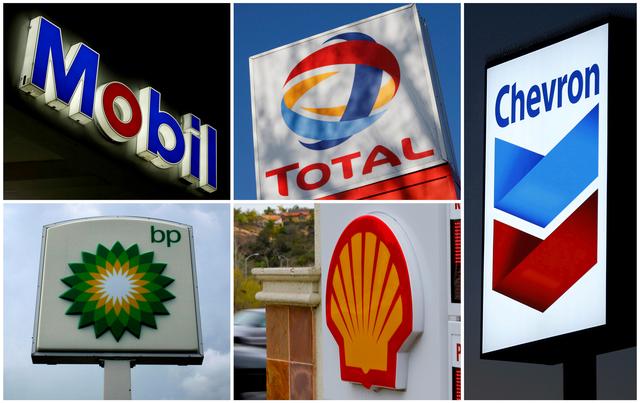
London — Big Oil more than doubled its profits in 2022 to $219 billion, smashing previous records in a year of volatile energy prices where Russia’s invasion of Ukraine reshaped global energy markets and, in some cases, the industry’s climate ambitions.
The profit surge gave the oil companies scope to increase spending on oil and gas projects, and a chance for some to rethink energy transition strategies to meet new demands for security of supply.
Norway’s Equinor on Wednesday reported a doubling of adjusted operating profit in 2022 to $74.9 billion on the back of a surge in European natural gas prices and as it became Europe’s largest gas supplier after Russia’s Gazprom cut deliveries amid the West’s support for Ukraine.
Oil companies last year also pulled out of Russia, a major energy producer, leading to huge writedowns, including BP’s $24 billion exit from its 19.75% stake in Kremlin-controlled oil giant Rosneft.
LOW DEBT
The sharp rise in oil and gas prices, falling debt levels and the abrupt drop in Russian supplies to Europe also drove boards to increase spending on fossil fuel production as governments prioritised security of supply.
TotalEnergies Chief Executive Patrick Pouyanne said after the French company reported record profits of $36.2 billion on Wednesday that the global backdrop remained very favourable for energy companies, with the relaxing of COVID-19 measures in China pushing up demand for 2023.
“We wouldn’t be surprised to see oil back to $100 a barrel,” Pouyanne said. Benchmark oil prices are currently near $85 a barrel.
European companies that have outlined plans to reduce or slow oil and gas investments and build large renewables and low-carbon businesses to cut greenhouse gas emissions adjusted their strategies.
None were more stark than BP Chief Executive Bernard Looney’s move to row back on plans to reduce the British company’s oil and gas output and carbon emissions by 2030.
“We need lower carbon energy, but we also need secure energy, and we need affordable energy. And that’s what governments and society around the world are asking for,” Looney said on Tuesday.
BP’s shares hit their highest in three and a half years on Wednesday, building on a 7.6% gain a day earlier following the results and shift in strategy.
Bernstein analyst Oswald Clint called BP “a lesson in pragmatism, prioritisation and performance”, rating it “outperform”.
“Pragmatism takes priority this week as a world short energy together with governments begging for more from companies like BP causes a response. BP will lean more into oil & gas for the remainder of this decade,” Clint said in a note.
Follow us on twitter



